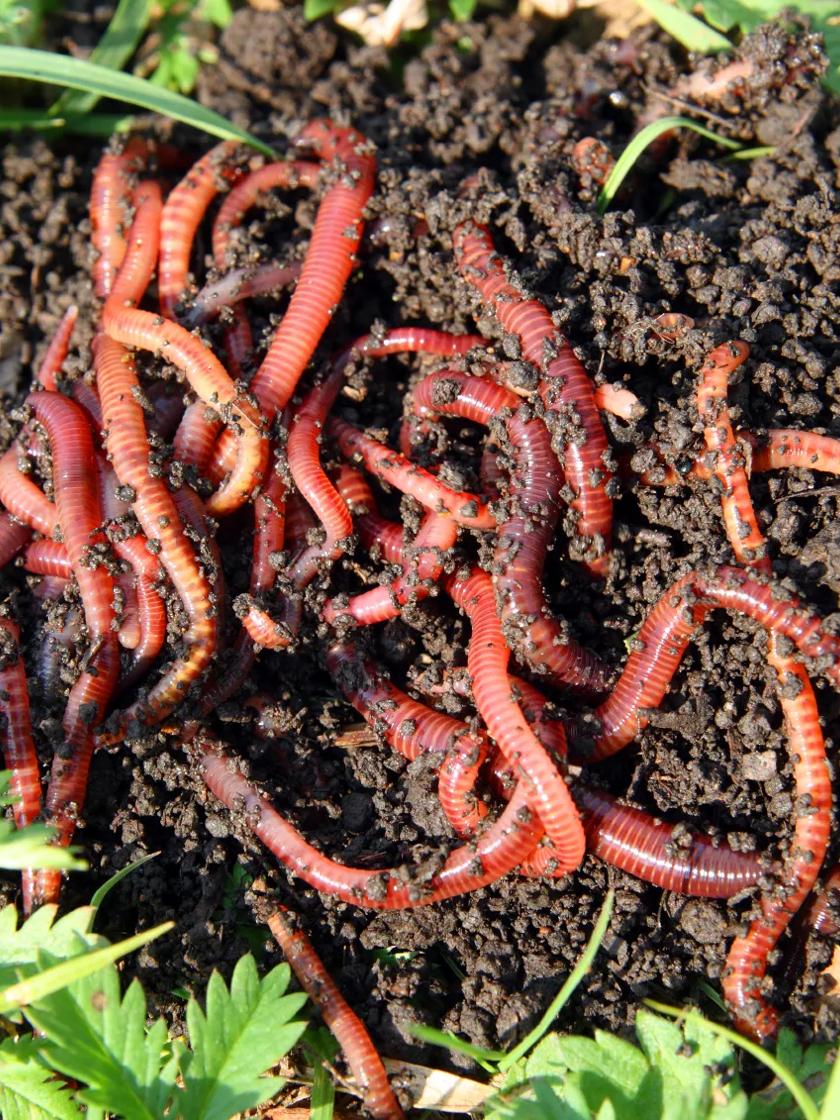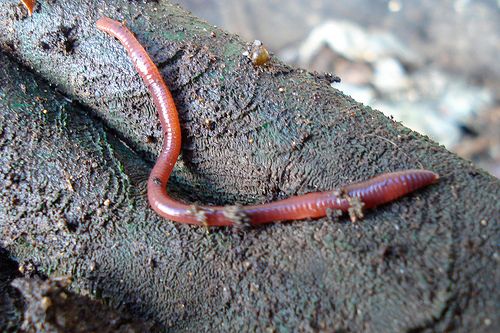Use Lake Hickory Bait for Remarkable Lawn Health and Gorgeous Greens
The Incredible Globe of Red Wigglers: Boost Your Soil Fertility Today
These tiny yet effective organisms change natural waste right into useful worm castings, considerably improving dirt health and promoting lasting practices. As we check out the advantages of vermicomposting and the functional actions to create an efficient worm container, the potential effect of these worms on your horticulture success becomes progressively obvious.
Understanding Red Wigglers
Red wigglers, scientifically understood as Eisenia fetida, are a varieties of earthworm that play an important duty in boosting soil fertility. These worms flourish in organic-rich atmospheres, such as compost heap and decaying plant material, where they take in natural waste and excrete nutrient-dense castings. Their special makeup, featuring a segmented body and a clitellum, enables them to duplicate swiftly and successfully process large amounts of natural matter.

The ecological value of red wigglers prolongs beyond plain waste handling; they contribute to the dirt food web, promoting a diverse area of microbes that further improve soil health and wellness. Understanding the biology and actions of red wigglers is essential for using their full possibility in sustainable farming and horticulture methods.
Advantages of Vermicomposting
(Red Wiggler Express)Utilizing the power of red wigglers via vermicomposting offers countless benefits that dramatically enhance dirt health and fertility. One of the key advantages is the production of nutrient-rich worm spreadings, which are an excellent all-natural plant food. Red Wiggler Express. These castings consist of essential nutrients like nitrogen, phosphorus, and potassium, promoting durable plant development and improving plant returns
The presence of worm castings improves soil texture, enabling for much better water retention and drain. Red wigglers aid damage down natural issue, increasing disintegration and reusing nutrients back right into the soil.
Vermicomposting likewise promotes microbial activity, which is crucial for a healthy and balanced soil environment. Beneficial bacteria prosper in the existence of worm castings, helping in the break down of natural materials and improving nutrient accessibility to plants.
Lastly, vermicomposting functions as a reliable waste management service, minimizing garbage dump waste by recycling kitchen scraps and other natural products. This not only adds to ecological sustainability however also advertises a round economic situation within horticulture and agriculture.
How to Establish a Worm Container
Establishing a worm container is an uncomplicated process that can considerably enhance your composting initiatives. Begin by choosing a suitable container, which can vary from a readily available worm container to a straightforward plastic or wooden box (Red my explanation Wiggler Express). Guarantee the container has adequate air flow; little openings in the cover and sides will promote air flow
Next, develop a bed linen layer to provide a comfy atmosphere for the red wigglers. This can be made from shredded newspaper, cardboard, or coconut coir, dampened to a damp, sponge-like uniformity. Fill up the bin to around one-third full with this bed linen material.
When the bedding is prepared, it's time to present the worms. Red wigglers flourish in natural waste, so place them delicately onto the bedding. Cover the worms with a light layer of added bed linen to aid them adapt.
Feeding Your Red Wigglers
Offering the appropriate food for your red wigglers is important for their wellness and the effectiveness of your composting system. Red wigglers grow on a different diet regimen, mainly including organic products such as vegetables and fruit scraps, coffee grounds, and shredded paper. These products not only supply important nutrients yet also add to the microbial task in the worm bin, which is important for the worms' food digestion.
It is necessary to prevent particular foods, such as dairy items, oils, and meats, as these can bring in pests and develop unpleasant odors. Furthermore, citrus peels and extremely spicy foods ought to be restricted due to their potential to hurt the worms. A balanced method to feeding involves checking the amount of food introduced to the bin, guaranteeing that it is consumed within a sensible timespan to avoid excess waste buildup.
To promote optimal digestion, it is helpful to cut or shred bigger food things prior to including them to the container. This technique increases the area for microbial action, facilitating quicker decomposition and enhancing the overall efficiency of your composting system. On a regular basis observing the worms' feeding behaviors will certainly help you adjust their diet regimen as necessary.
Using Worm Spreadings in Your Yard

(Red Wiggler Express)Integrating worm castings into your garden can be accomplished by mixing them into the dirt or utilizing them as a top dressing. The slow-release nature of these castings guarantees that nutrients are offered to plants over a prolonged period, decreasing the need for synthetic plant foods. Additionally, worm spreadings have valuable microbes that advertise healthy dirt ecological communities, improving the general resilience of your yard.
To maximize the advantages, objective to use about one component worm castings to 3 parts dirt in your planting beds. Regular applications can bring about enhanced plant yields and much healthier plants, making worm castings an indispensable resource for both novice and seasoned garden enthusiasts alike. By using this all-natural change, you can grow a growing garden while adding to sustainable horticulture practices.
Conclusion
In final thought, red wigglers exhibit the essential role of vermicomposting in enhancing soil fertility. Their capability to transform natural waste right into nutrient-rich spreadings significantly enriches soil structure and supports microbial variety.